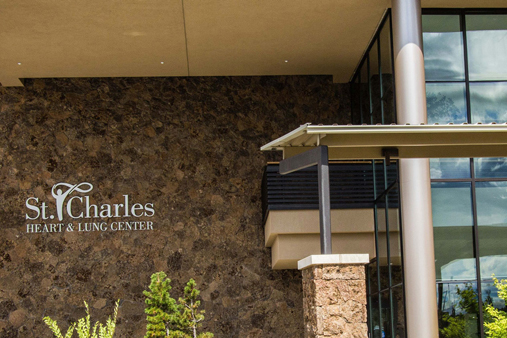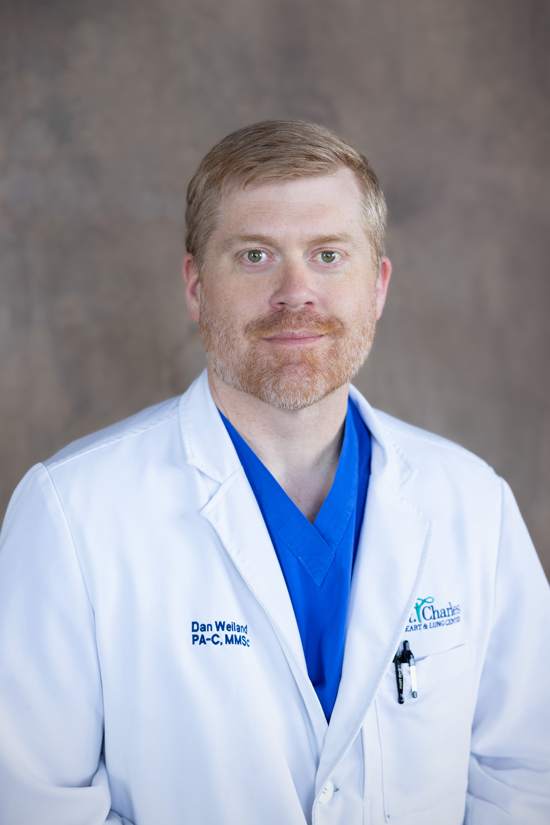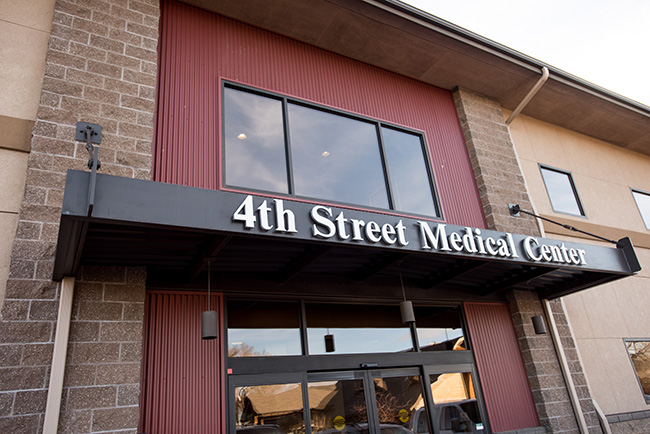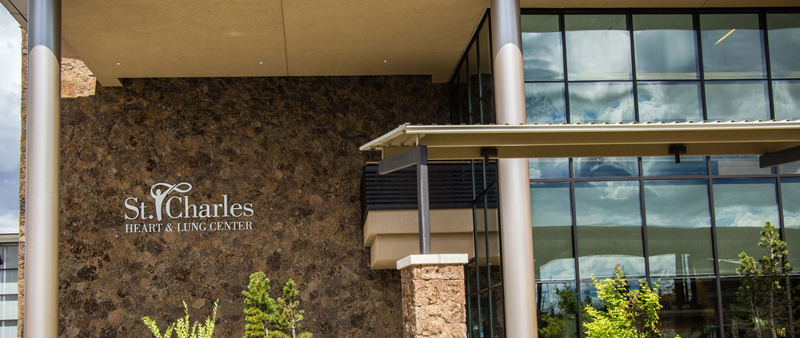Understanding cholesterol management
You may be wondering, “What is cholesterol, anyway? Why is it so bad for me?” The truth is that we all need some cholesterol. Cholesterol is a waxy, fat-like substance found in our cells. It’s used by our bodies to make hormones, vitamin D, cell membranes and chemicals that aid our digestion. Our bodies produce cholesterol naturally, but it can also be found in many foods.
Cholesterol travels throughout the body via the bloodstream. To do this, it has to be carried by a small particle called a lipoprotein. There are two kinds of lipoproteins: low-density lipoproteins (LDL) and high-density lipoproteins (HDL). Both are important to your health.
The problem with high cholesterol
Cholesterol only becomes a problem if we have too much of it in our blood. When there are high levels of LDL cholesterol, sometimes called “bad” cholesterol, it can stick to the inside walls of the arteries. Once there, it acts like glue for other substances in the blood such as fat and calcium. This causes a waxy build up called plaque. This build up may harden and make the arteries narrower, making it difficult for oxygen-rich blood to move through freely. When that happens, coronary heart disease occurs. This may result in arrhythmias, angina and even heart attacks.
The build up of plaque takes several years, so there is time to stop or even reverse the problem. Think of plaque as concrete, and LDL cholesterol as the cement that holds it together. If your LDL stays at a healthy level, then plaque can’t form as easily. One key to this is to eat a low-cholesterol diet with plenty of veggies and fruits. Another essential element is HDL cholesterol, sometimes called “good” cholesterol. Its job is to carry cholesterol back to your liver where it can be removed from the body. HDL levels can be boosted by getting regular exercise and eating a moderate amount of healthy fats, such as those found in avocados, almonds and salmon, among others.
Helping you lower cholesterol — the healthy way
Sometimes, lowering your cholesterol is easier said than done. That’s why the nationally recognized cardiovascular team at St. Charles Health System is prepared to support you. There are many ways to lower your cholesterol, and our expert cardiologists will help you find the combination that works best for you. This may include:
- Nutritional counseling
- Smoking cessation assistance
- Medications to help support your healthy lifestyle
- Regular follow-up appointments to track your progress
Call the St. Charles Heart and Lung Center at 541-388-4333 today to schedule an appointment with a cardiologist, and ask which type of cholesterol management program may be best for you.
St. Charles Health System offers comprehensive options for cholesterol management in Central Oregon.











